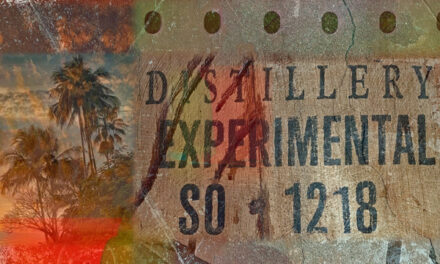Carey, Idaho was where she remembered what her father had told her, that geography sleeps with destiny.
They go to bed together and wake up in different rooms, separated by boosters and bulldozers.
In the west, where chapters of history are written on crusty deserts, blown away by hot winds and repeatedly forgotten, geography means more.
The implications run deep and are more difficult to see. Destiny shifts back and forth between leaky buckets of myths and laws. When it settles into its faithless spot wedged between the two, destiny vanishes.
She thought about vengeance. She thought about lawlessness, about finding a fracker to assault. But the reasoning she sought didn’t show up. She worried that she’d lost the ability to distinguish good from evil.
What she wanted was a way to align vengeance with justice. Maybe Carey, Idaho wasn’t the place for answers. Maybe she could think better if she drove back to Burbank.
But he was out there.
The man who pollutes the air and poisons the soil.
The man who destroys pristine wilderness, land that will require centuries to heal after he takes what he wants and leaves, sells his company or declares bankruptcy or does what his attorneys advise to keep his hands clean.
A man who builds transmission lines above the ground and pipelines below.
His compressors never stop groaning. His thirst for new public land to plunder is never quenched.
He pumps fossil fuels into the nation’s veins like the cartels pump in Fentanyl. And he is never held accountable. No judgement day is marked on his calendar. He takes full advantage of the relationship between geography and destiny.
He knows how to stay out of courtrooms and he knows how to court bureaucrats.
But he never considers people like her, all the damage she can do, and this is what keeps her thinking about how to go after him.
She loves the fact he’ll never see her coming.






